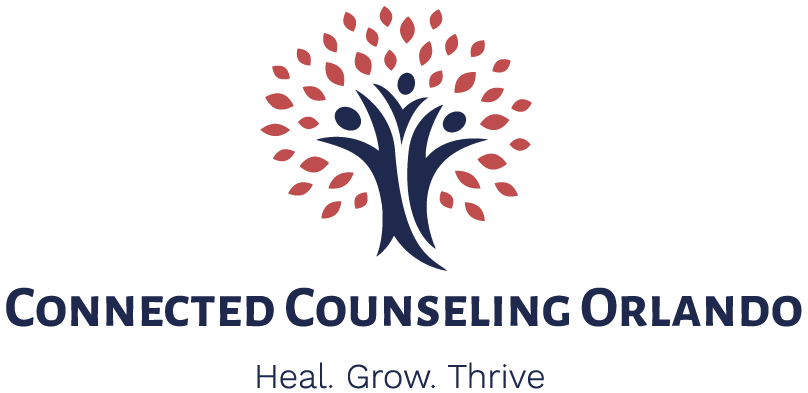Certified Services
As a relationship and trauma expert, Tanya Doyle has extensive training and experience in researched based trauma, couples, and family interventions, couples therapy, attachment theory, and parenting. She is passionate about finding the right approaches and interventions that focus on improving therapeutic outcomes for her clients. Her commitment to personal growth is evident in her additional trainings focused on trauma, relationships, and family dynamics.
ART is an evidence–based novel psychotherapy that fosters rapid recovery by reprogramming how the brain stores traumatic memories and imagery. ART has roots in and includes elements of existing evidenced-based modalities. The treatment program incorporates memory visualization techniques that are enhanced by the use of horizontal eye movements, as well as memory reconsolidation, a way in which new information is incorporated into existing memories.
EMDR is a psychotherapy that enables people to heal from the symptoms and emotional distress that are the result of disturbing life experiences. Repeated studies show that by using EMDR therapy people can experience the benefits of psychotherapy that once took years to make a difference. It is widely assumed that severe emotional pain requires a long time to heal. EMDR therapy shows that the mind can in fact heal from psychological trauma much as the body recovers from physical trauma.
RTM begins by questioning the client until he or she responds physiologically. Typically, this includes changes in breathing, heart rate and vocal pitch. The response is only allowed to continue until the physiology changes. It is stopped before re-traumatization can occur. The client is then walked through 3 levels of dissociation and image exercises that cause the memories to be reconsolidated. When the trauma can be talked about with no discomfort, the intervention is presumed to have worked.
TBRI® is an attachment-based, trauma-informed intervention that is designed to meet the complex needs of vulnerable children. TBRI® uses Empowering Principles to address physical needs, Connecting Principles for attachment needs, and Correcting Principles to disarm fear-based behaviors. While the intervention is based on years of attachment, sensory processing, and neuroscience research, the heartbeat of TBRI® is connection.
Play therapy s not just play. The treatment might be fun for the young patient—yes—but there is a lot that’s being expressed and understood. Play therapy is meaningful! Young children communicate through play. Pretend play allows children to assume the control they so rarely experience living in a world run by adults. They are free to express their emotional experience—what it feels like to be them. With access to this internal realm, a play therapist, can help the child discover alternative ways of coping with their worries.
EFT provides a language for healthy dependency between partners and looks at key moves and moments that define an adult love relationship. The primary goal of the model is to expand and re-organize the emotional responses of the couple. Research studies have found that 70-75% of couples undergoing EFT successfully move from distress to recovery, and approximately 90% show significant improvements. This recovery is also quite stable and lasting, with little evidence of relapse back into distress.
It is an evidence-based form of couples therapy that strives to assist couples in achieving a deeper sense of understanding, awareness, empathy, and connectedness within their relationships that ultimately leads to heightened intimacy and interpersonal growth. By combining therapeutic interventions with couples exercises, this type of therapy helps couples identify and address the natural defenses that hinder effective communication and bonding.





